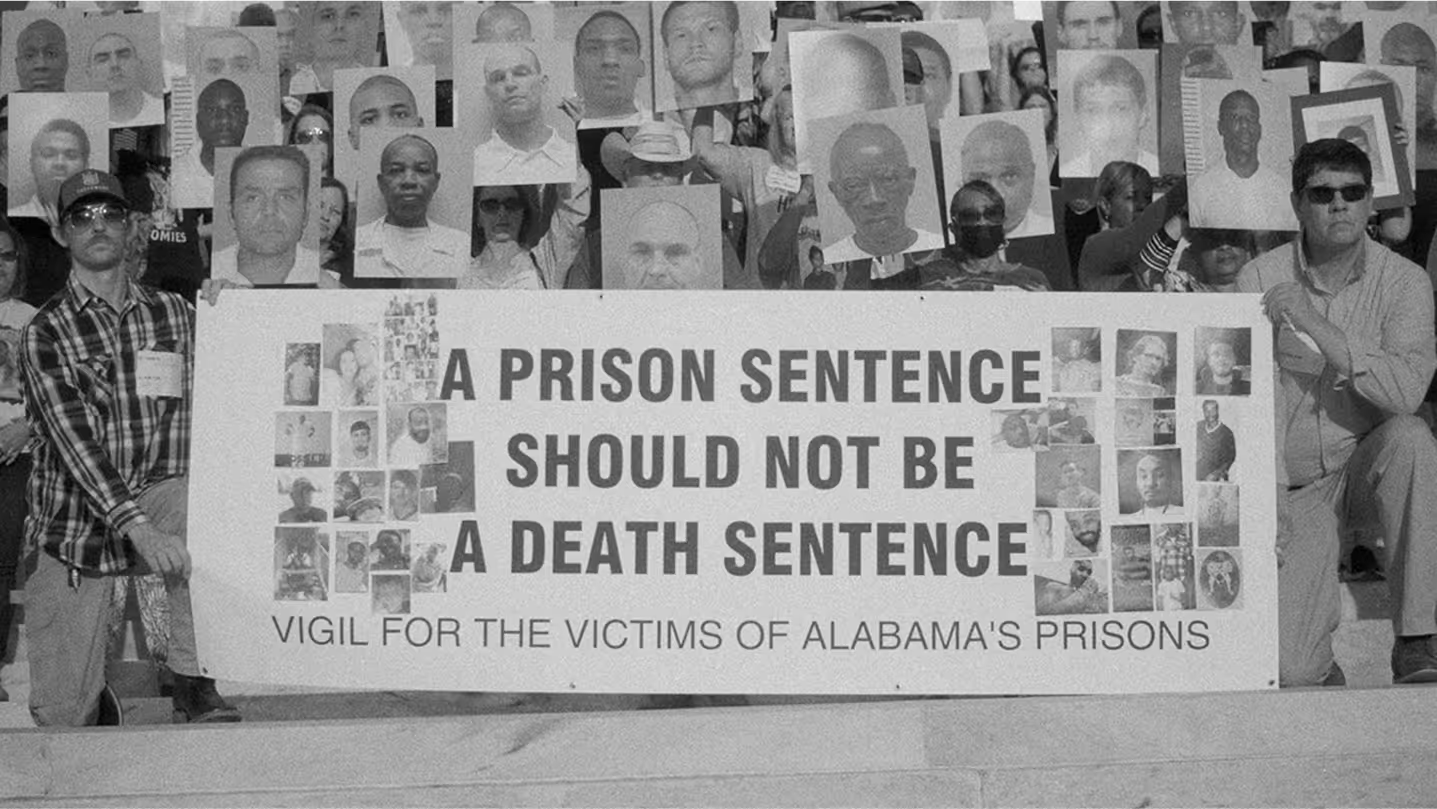Toxicology tests later revealed a lethal dose of fentanyl, as well as xylazine, which is an animal tranquilizer that is not approved for human use. Xylazine is sometimes added to fentanyl, and the combination has been linked to a recent increase in overdose deaths across the nation.
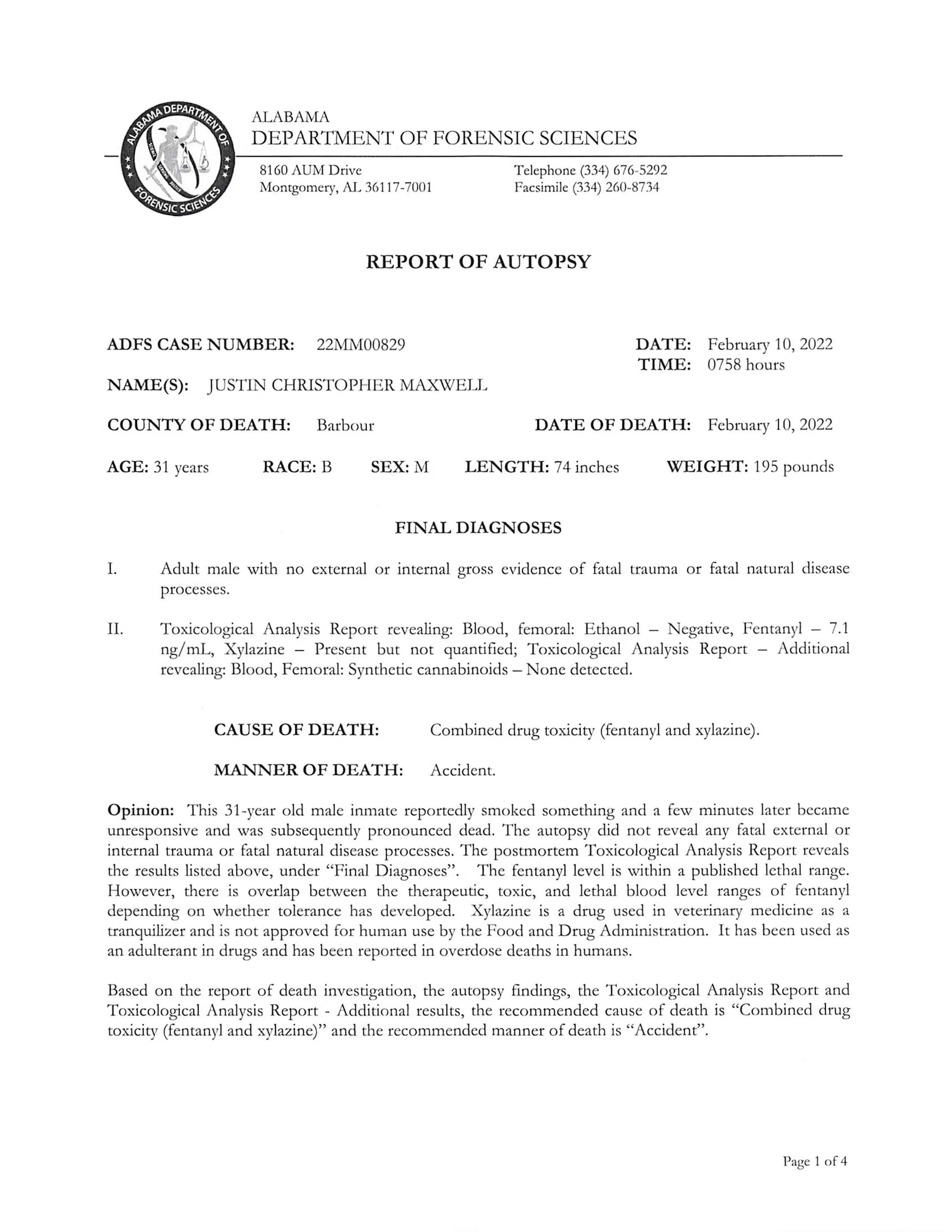
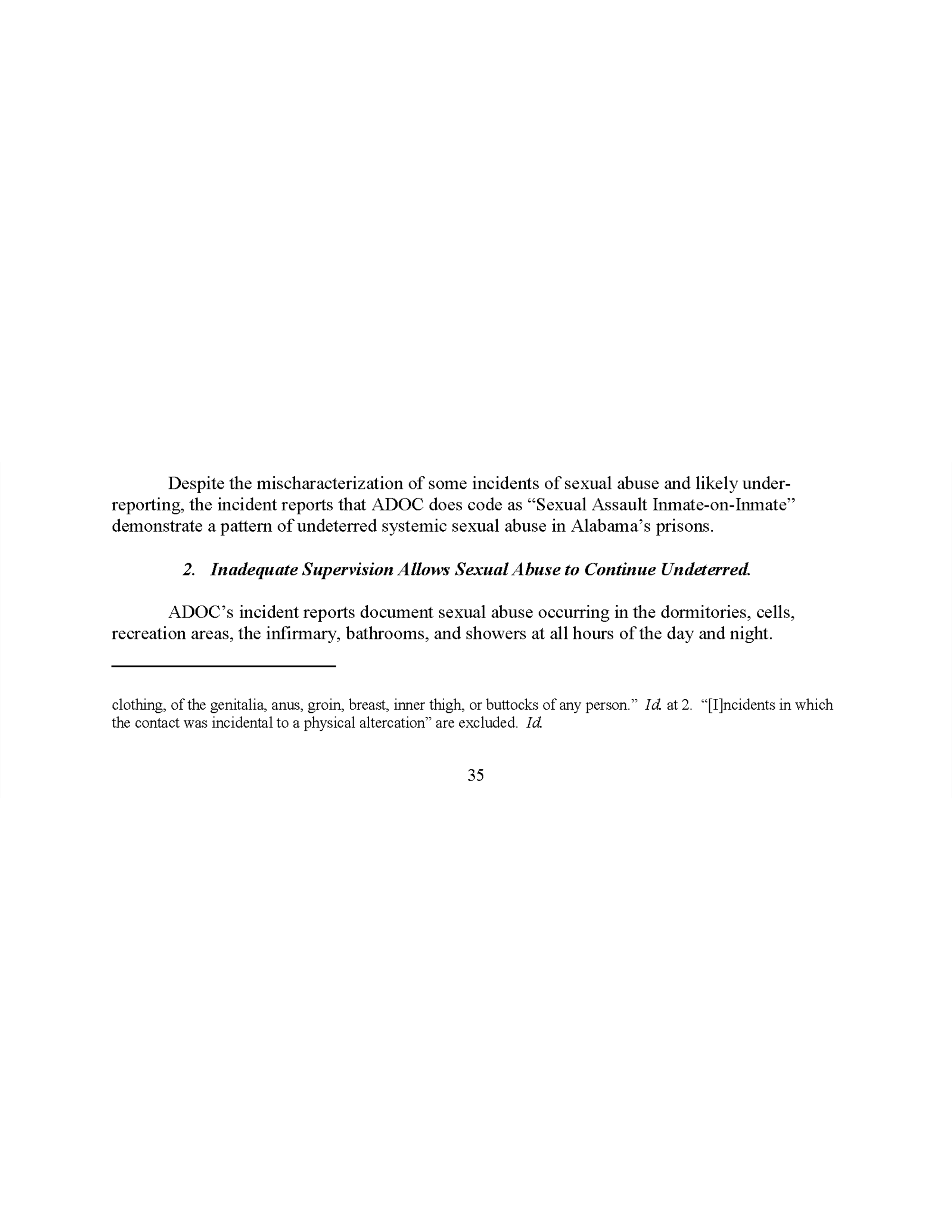


Toxicology tests later revealed a lethal dose of fentanyl, as well as xylazine, which is an animal tranquilizer that is not approved for human use. Xylazine is sometimes added to fentanyl, and the combination has been linked to a recent increase in overdose deaths across the nation.




Charles Braggs
Homicide by strangulation
In 2025, the Braggs case entered its 11th year of litigation as the Alabama Department of Corrections continues to fight reforms. Private lawyers representing the prison system have collected over $22 million in legal fees, paid for by taxpayers out of the state’s general fund budget.
In 2009, Charles Braggs was arrested at age 17 for robbing a Pizza Hut in Mobile, AL. The state tried him as an adult, and sentenced him to 20 years in prison.
Charles spent much of the next decade in solitary confinement. In 2020, at age 28, he died by suicide after hanging himself in a segregation cell where he’d been held for two straight years.
He received no mental health or medical care the day he died, despite his repeated requests for help, according to court records.
His autopsy report listed many injuries in various stages of healing, and he had methamphetamines in his system when he died. At 6’3, he weighed only 131 pounds when he took his own life, 40 pounds less than he weighed when he went to prison.
His mother, Celestine George, said her son had a good heart and was loved by his family.


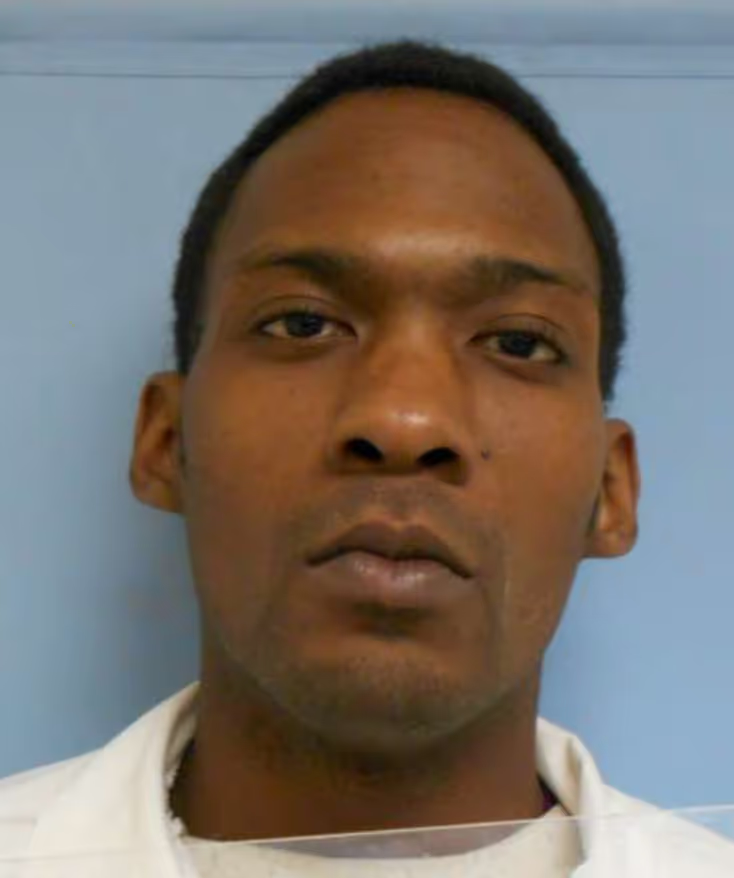

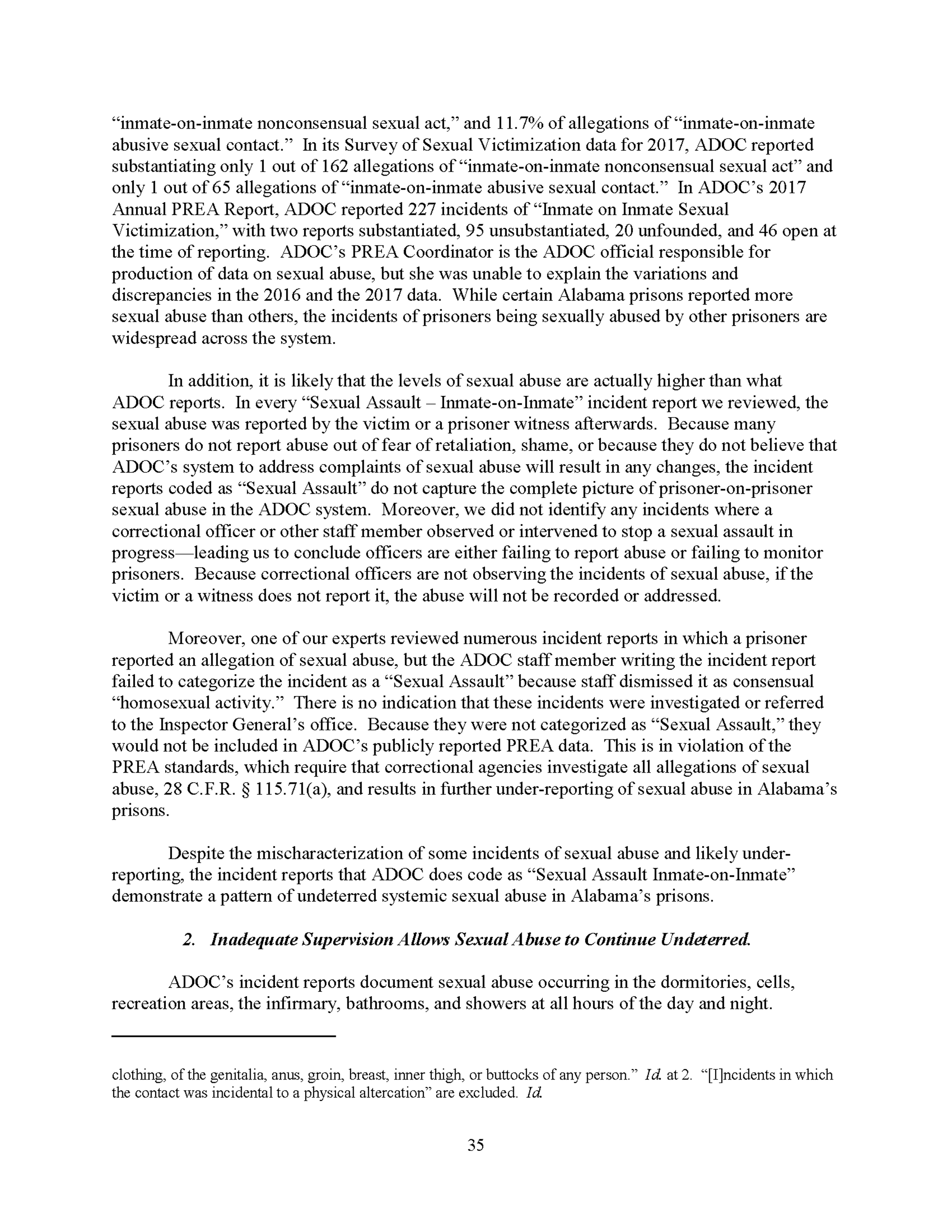


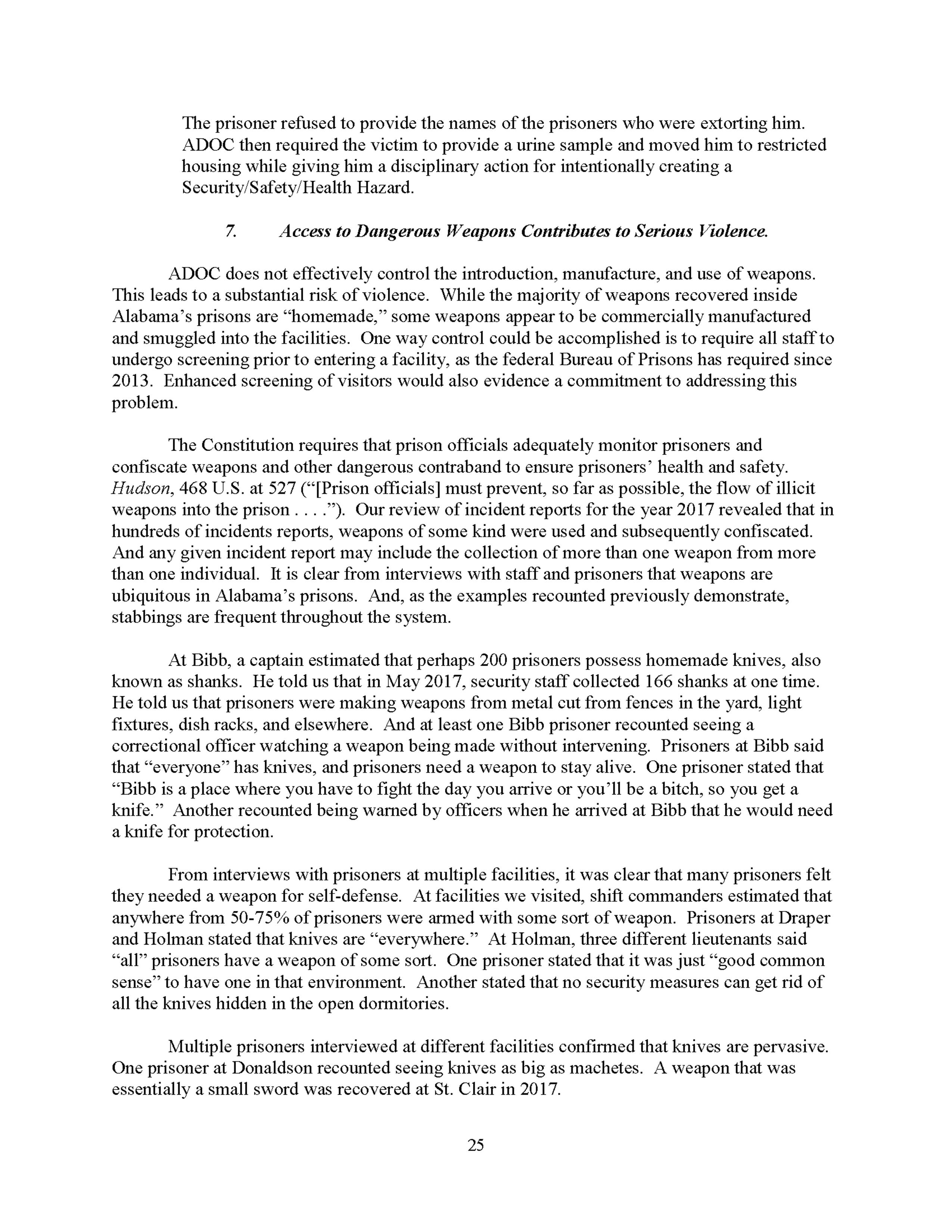

“He made some mistakes when he was young, but in the end he paid with his life. I hold the prison responsible for his death.”
